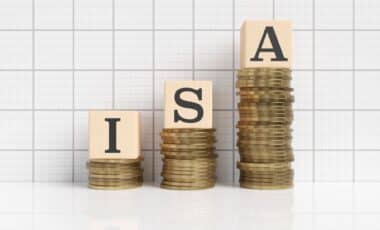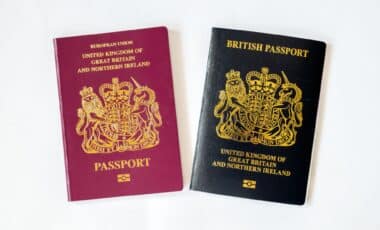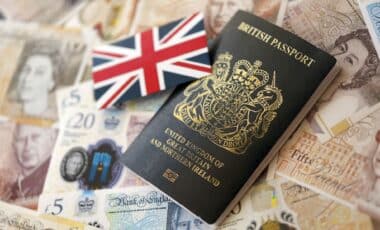Millions of UK taxpayers are rushing to file their returns and pay any outstanding debts to HM Revenue and Customs (HMRC) as the self-assessment deadline of January 31 draws near. Penalties for missing this important deadline start at £100, and they increase for extended delays or unpaid taxes.
Although this time might be difficult for many, it also presents opportunities. Taxpayers can lower their payments and even receive refunds by taking the time to learn about the reliefs and allowances that are available. Here’s everything you need to know to file appropriately and maximise your savings.
Who Needs to File a Tax Return?
People with untaxed income, such as independent contractors, landlords, and investors, are subject to self-assessment. Individuals who earn more than their personal savings allowances or who are subject to charges like the high income child benefit charge must also file tax reports.
Income earned between April 6 and April 5 of the tax year is included in the return. Taxpayers have until October 31 to turn in a paper form, or until January 31 to turn in an online return. An automatic £100 fee is imposed for noncompliance, and the penalties increase with each subsequent nonpayment.
Those with regular employment, taxed via Pay As You Earn (PAYE), normally do not need to file unless they have other sources of income or particular tax situations. For instance, taxpayers with substantial rental or dividend income, those making over £50,000, and those receiving child assistance might additionally be required to file a return.
Taking Advantage of Reliefs and Allowances
One of the most effective ways to reduce your tax bill is by claiming work-related expenses. Taxpayers can claim relief for costs incurred while performing their job, including:
- Homeworking allowances: A flat rate of £6 per week or actual costs for broadband and electricity.
- Professional fees and memberships: These must be related to your employment and listed on HMRC’s approved organisations.
- Work-related travel and clothing: Valid only for job-specific requirements.
Flat rates are available for simplifying claims, particularly for homeworking or mileage. Sarah Coles, personal finance expert at Hargreaves Lansdown, advises taxpayers to gather all receipts and invoices before filing. “It’s a big job, so make sure you cut any corners you can. If you work from home or use your own car for work and don’t have time to calculate your actual usage, instead of working out your expenses, you can use flat rates for both.” she adds.
Pensions and Charitable Contributions
Pension contributions are another effective way to reduce taxable income. While basic rate taxpayers receive 20% relief automatically, higher and additional rate taxpayers need to claim their extra relief through self-assessment. Contributions for the past four tax years can also be claimed, potentially unlocking significant refunds.
For example, a higher-rate taxpayer contributing £48,000 annually to their pension could see £12,000 added by the government as tax relief and an additional £12,000 reduction in their tax bill. Dean Butler of Standard Life highlights the importance of making these claims: “It’s worth investigating, as you could be owed thousands of pounds from the government. HMRC doesn’t tend to prompt non-self-employed people to submit a self-assessment, so any higher rate taxpayers who pay their tax through PAYE need to actively request to submit a tax return.”
Charitable donations under Gift Aid also offer tax relief. For every £1 donated, charities can claim an extra 25p, while higher-rate taxpayers can claim back the difference between their rate and the basic rate.
With just days left, taxpayers should act promptly to file their returns and explore any available reliefs. Doing so ensures compliance while potentially reducing tax liabilities and avoiding penalties.









